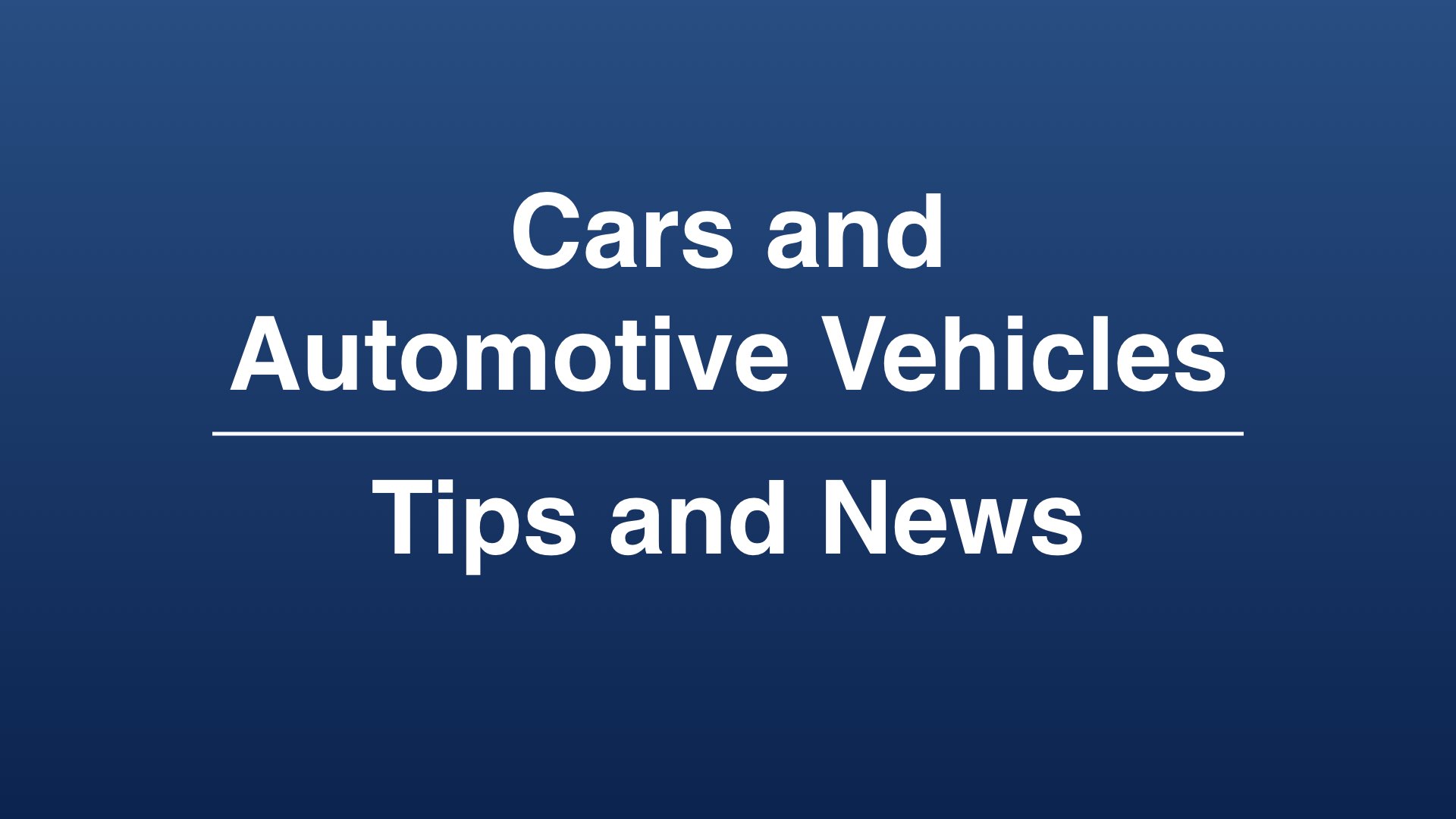Here you’ll find some information about regular and premium fuel choices to help with choosing the right octane gasoline for your vehicle. It’s important to note that octane levels do not determine the quality of gasoline. Higher quality gasoline is usually determined by the additives used. The octane required is a function of your engine.
VIDEOS
CBC News Canada. “The price for premium gas blends is as much as 15 cents more per litre than regular gas. Gas companies make the pitch that premium’s better for your car. While it’s true that some car makers recommend putting premium fuel in their high-end models, what about most of us who drive regular cars?”
Center for Quality Assurance – “What is TOP TIER Gasoline?” (26 Apr 2016) This video is about TOP TIER approved additives that impact fuel quality at any octane rating. This standard has been evaluated by Consumer Reports and AAA to have a positive impact.
Consumer Reports – “Regular Gas vs. Premium Gas” (6 May 2019)
ARTICLES
AutoWeek – “Because it’s harder to ignite high-octane fuel, the engine can apply more pressure to it. When combustion occurs, it does so more efficiently and powerfully. That’s good — but only when an engine is designed to take advantage of high-octane fuel. That’s the kicker: If your car is designed with a compression ratio and spark timing meant for regular fuel, you’ll likely get no benefit from running premium. In fact, premium can even cause trouble in a car not designed to take it.” [More…]
Edmunds – “The key for drivers is to know whether premium gas is merely recommendedfor their car or if it’s required. In today’s automobiles, advances in engine technology mean that even if the owner’s manual recommends premium gasoline, the car will typically run on regular without issue and won’t damage the engine in any way. The car’s performance might suffer only slightly: It might be a half-second slower from 0 to 60 mph, for instance. But the average driver isn’t likely to notice this drop-off. Drivers used to buy a tank of premium gas every once in a while to clean their engines. Years ago, premium gas contained more detergents and other additives to stop carbon deposits. But experts say that now, because of government regulations aimed at cutting emissions, most major brands of gasoline have plenty of additives in all grades to both protect engines and cut pollution.” [More…]
Federal Trade Commission – “It may seem like buying higher octane “premium” gas is like giving your car a treat, or boosting its performance. But take note: the recommended gasoline for most cars is regular octane. In fact, in most cases, using a higher octane gasoline than your owner’s manual recommends offers absolutely no benefit. It won’t make your car perform better, go faster, get better mileage, or run cleaner. Your best bet: listen to your owner’s manual.” [More…]
FuelEconomy.gov – “For most vehicles, higher octane fuel may improve performance and gas mileage and reduce carbon dioxide (CO2) emissions by a few percent during severe duty operation, such as towing a trailer or carrying heavy loads, especially in hot weather.” [More…]
True Car – “If your car requires premium gas, using premium will allow you to optimize your car’s power. You will not achieve the advertised horsepower on a vehicle that requires premium unless you use premium, although many consumers will not even notice the change in power when switching from premium to regular.” [More…]
U.S. News & World Report – “First, you need to find out what your vehicle’s manufacturer recommends. To figure that out, take a look at the owner’s manual, where it will be clearly spelled out. Also, there is a sticker inside the fuel door that indicates the fuel requirements for your car. Vehicles that require premium fuel will have one that says “Premium Unleaded Fuel Only,” with a number that indicates the minimum octane rating. Note that many vehicles have a premium fuel recommendation,but that doesn’t mean that premium fuel is requiredin order to operate without damage to the engine. Using the proper octane fuel in your vehicle will help it achieve maximum engine performance, giving the driver access to the most horsepower and torque the engine can offer. Fuel economy may be reduced if you put in a lower-grade octane than is recommended, though experts say the difference is usually negligible and can be overcome by being more conscience of your driving style. Simply stated, premium gas has a higher octane level than regular gasoline. The octane rating of gasoline determines how likely it is for engine combustion to occur at the wrong time. The higher the octane level, the less likely the combustion will occur at any time other than when it was designed to occur. This mistimed explosion is known as “pre-ignition,” or an engine knock, simply because the sound resembles a knock or ping. Gasoline with a higher octane rating is designed to resist engine knock. Your vehicle may also emit lower-level pings when mistimed combustion occurs. An occasional ping or a knock is most likely not harmful to your vehicle, but frequent knocking can hasten the demise of your engine.” [More…]
Wikipedia – “The most typically used engine management systems found in automobiles today have a knock sensor that monitors if knock is being produced by the fuel being used. In modern computer-controlled engines, the ignition timing will be automatically altered by the engine management system to reduce the knock to an acceptable level.” [More…]
